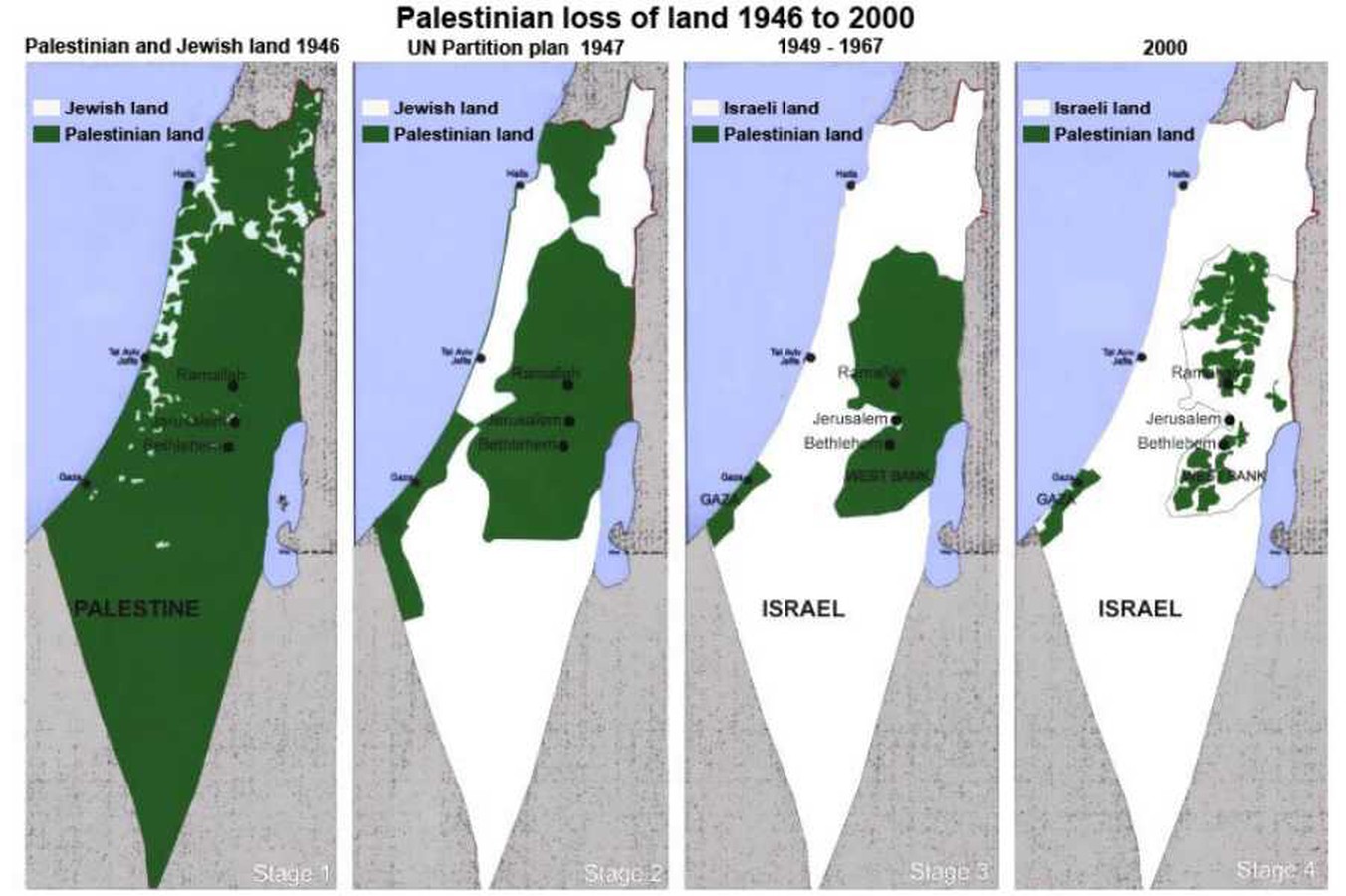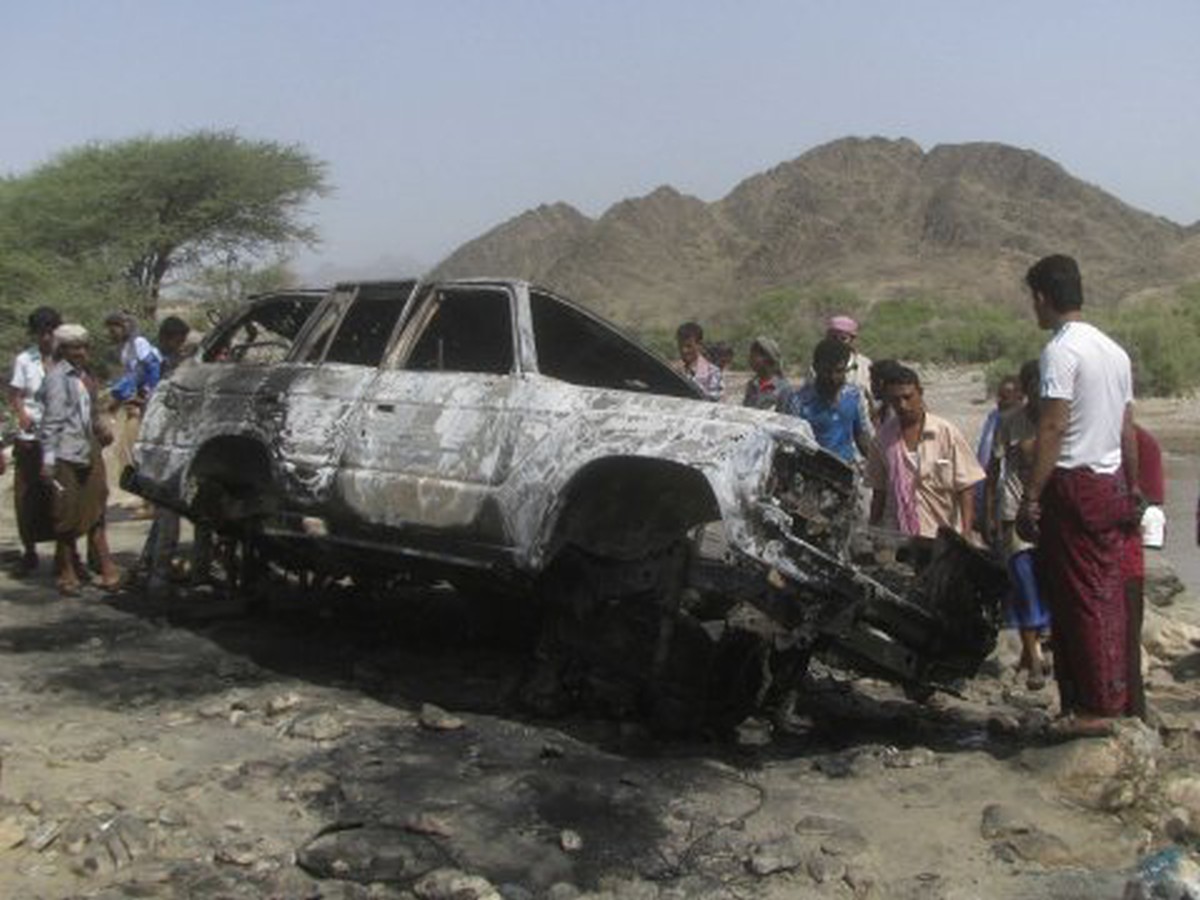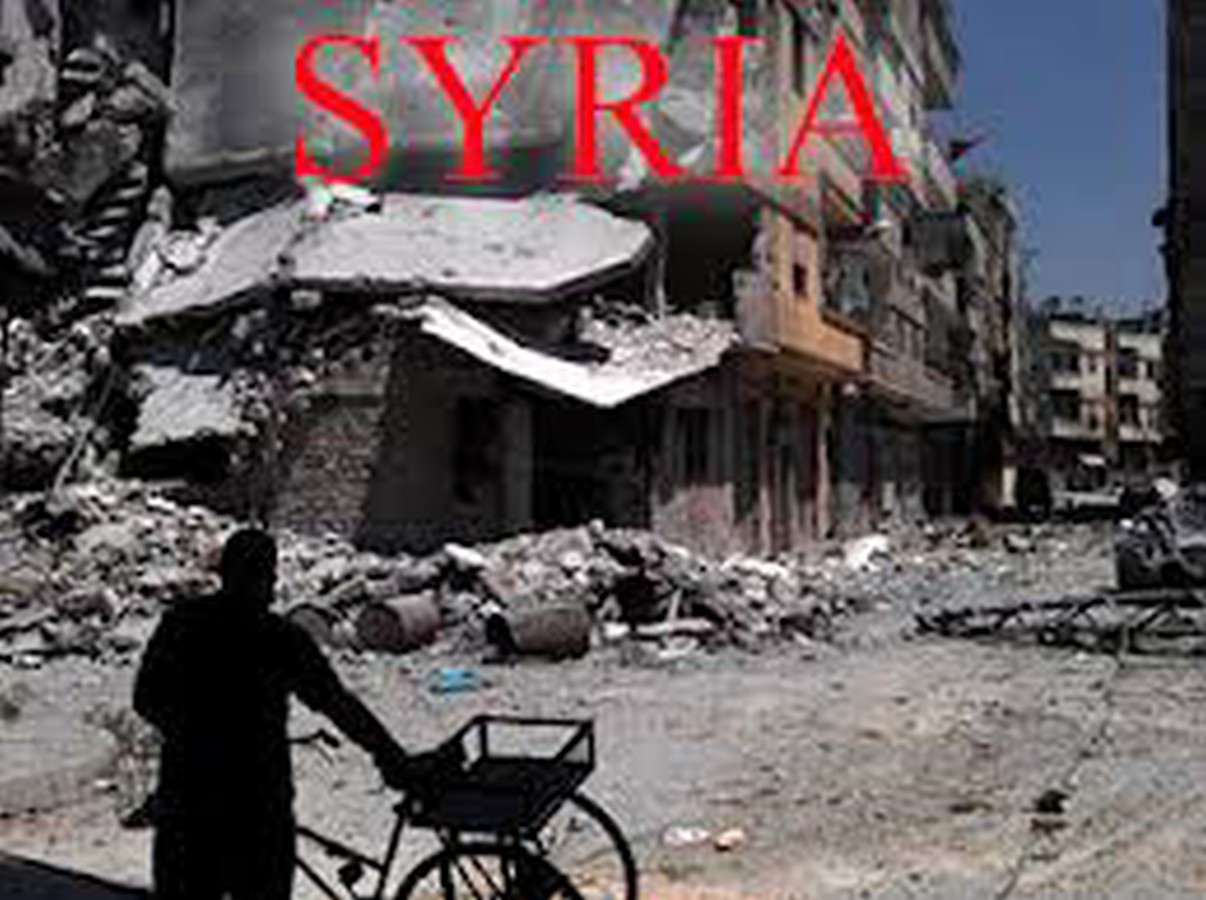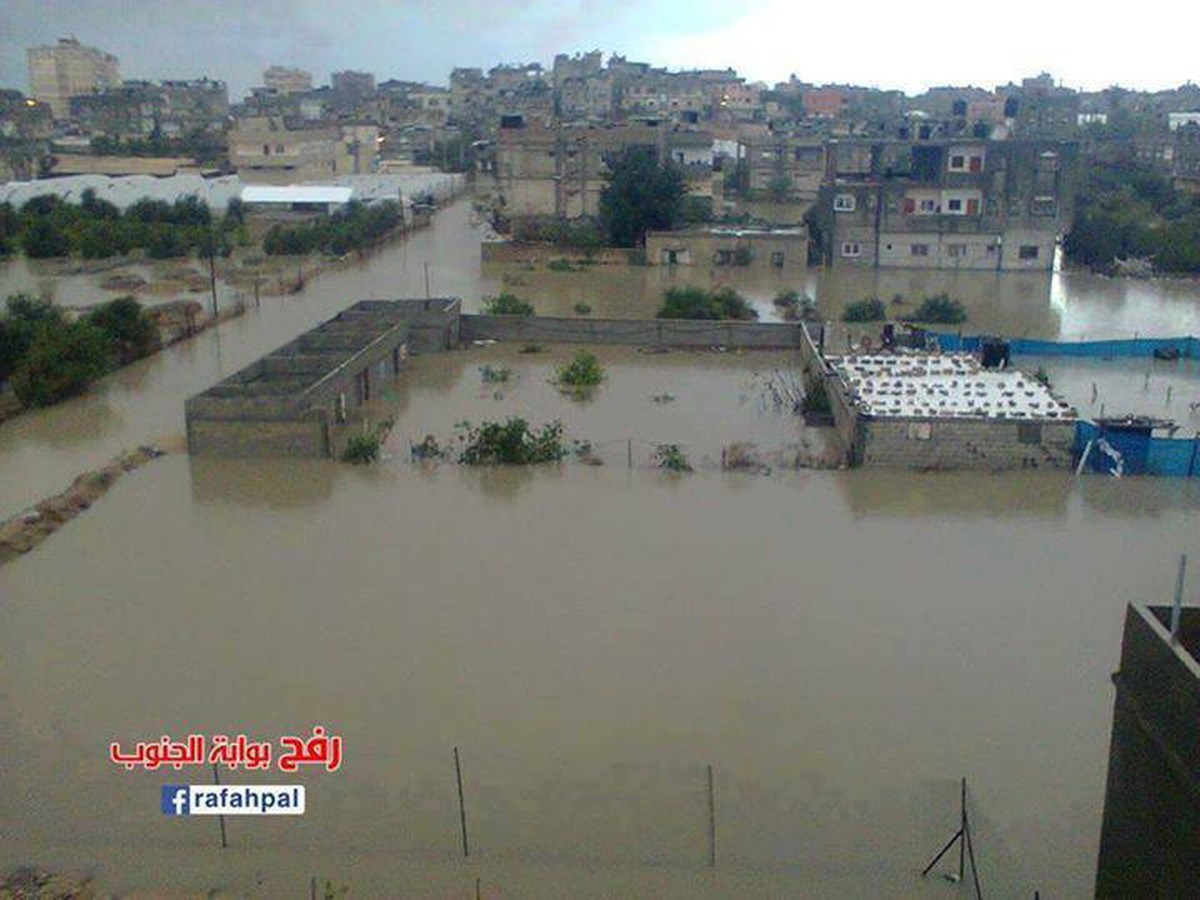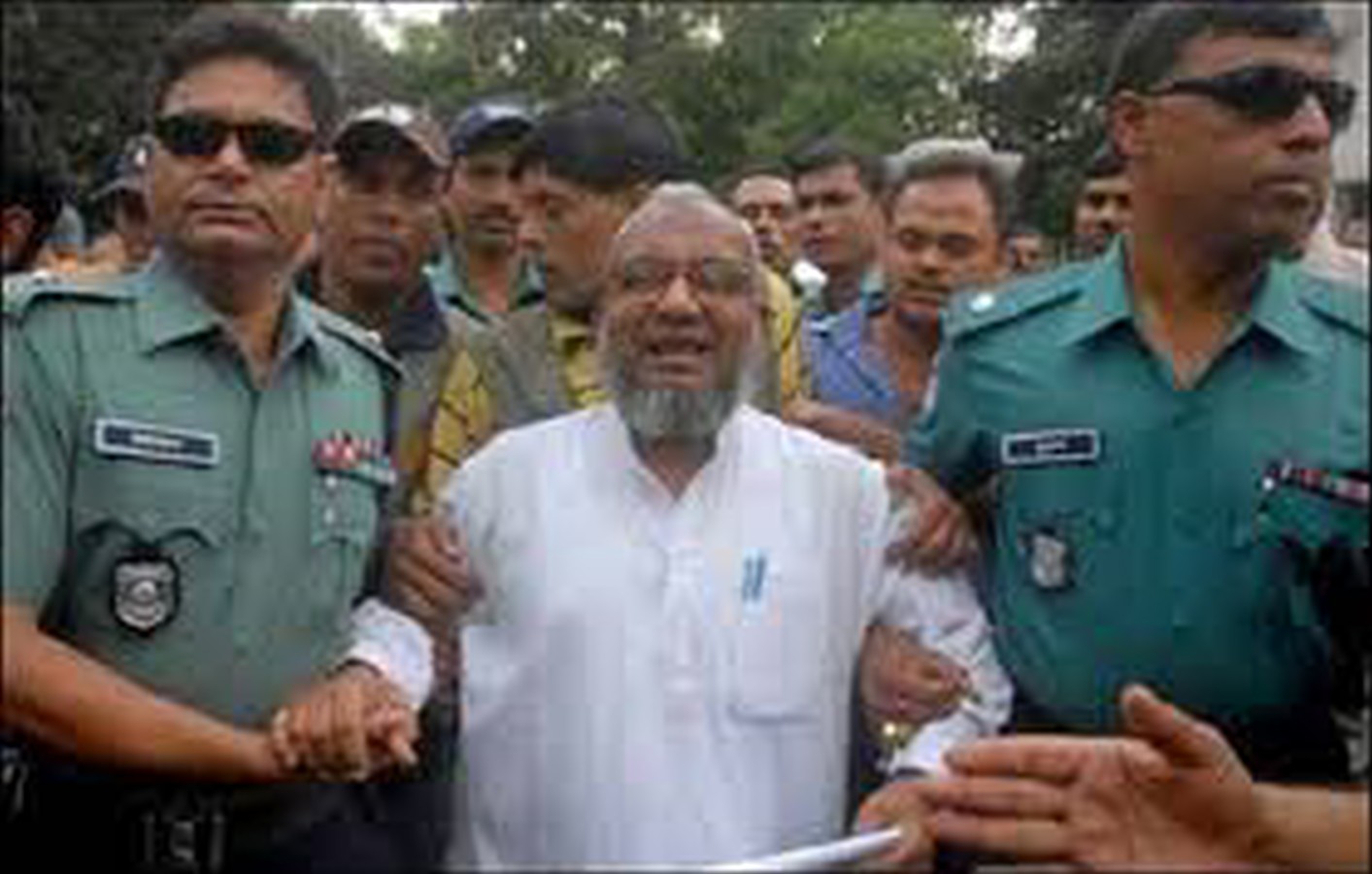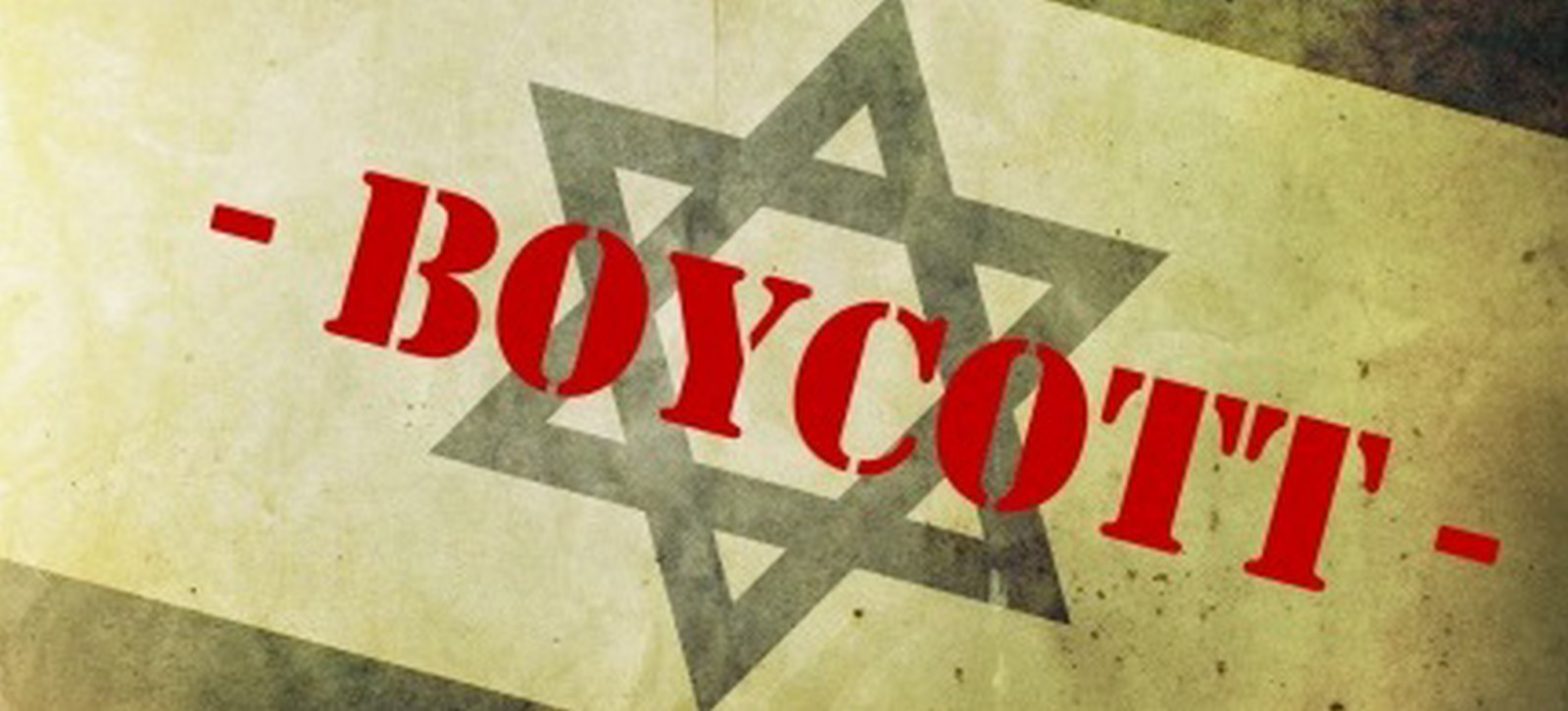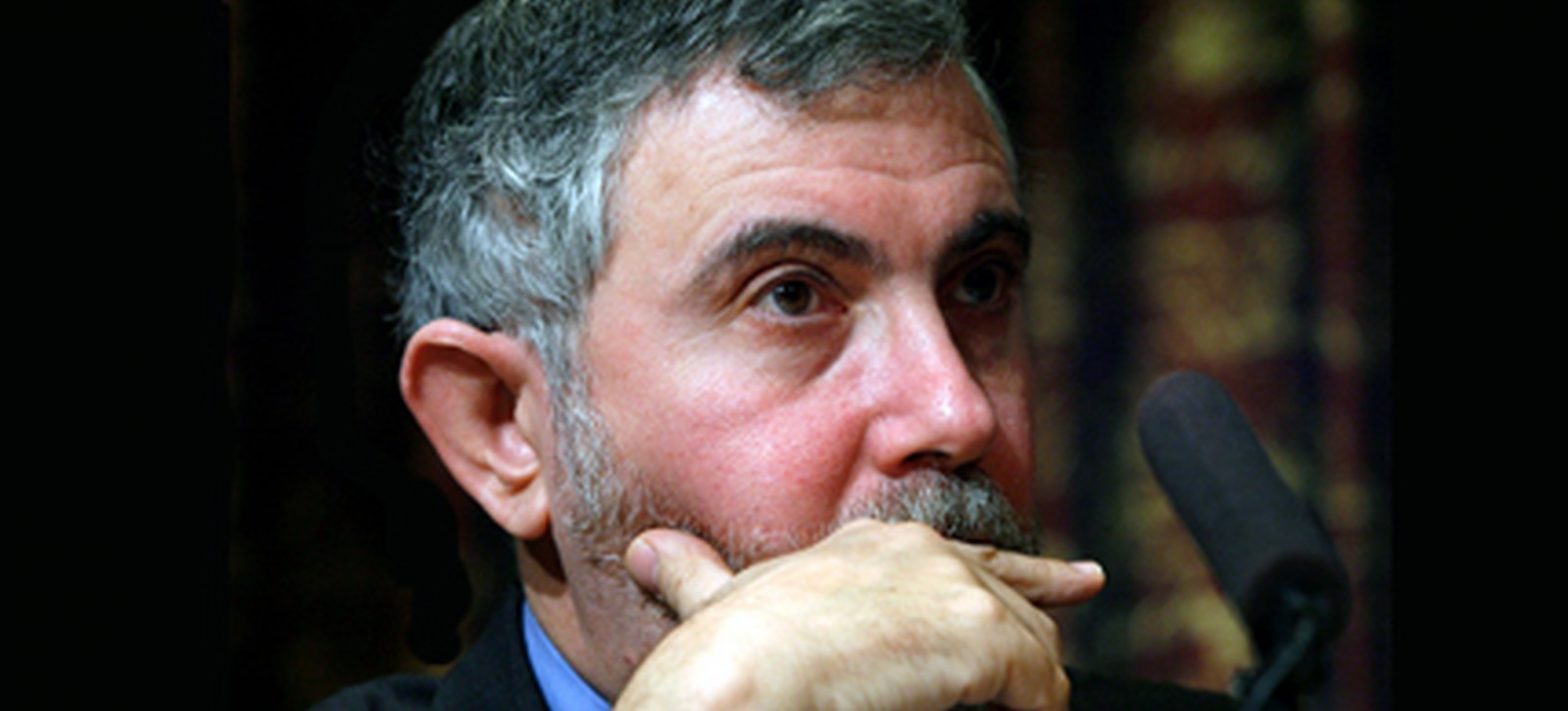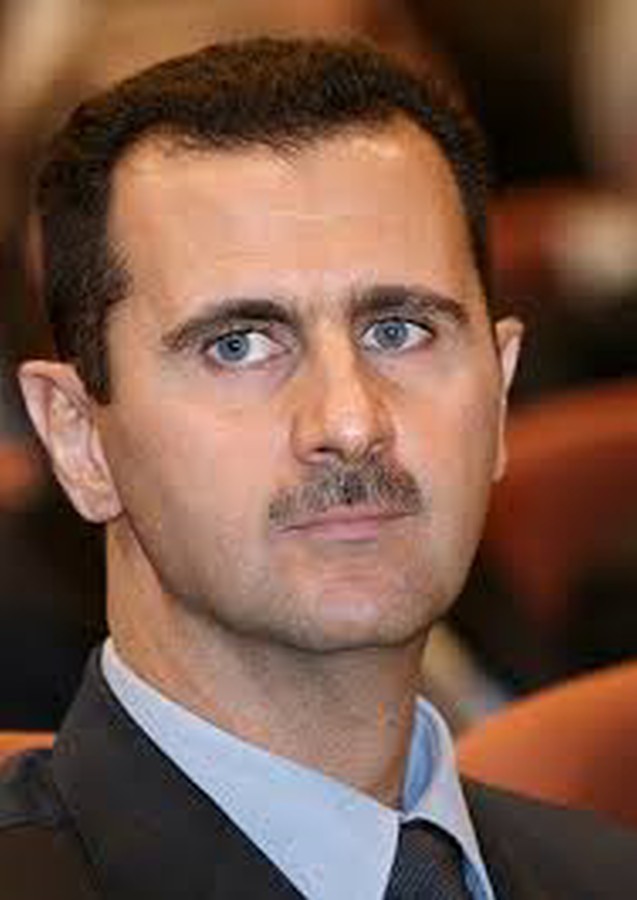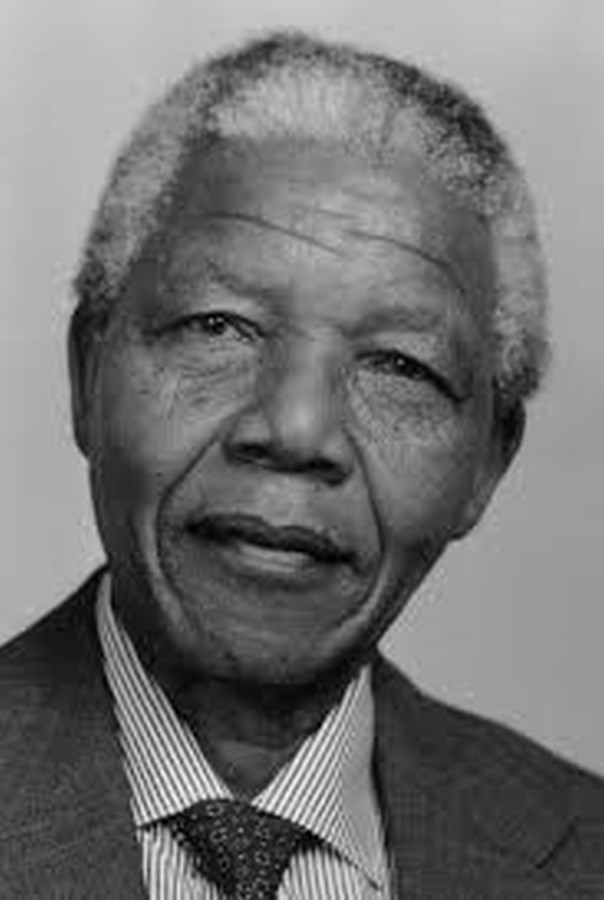By Stuart Littlewood
20 December, 2013
@ Intifada-palestine.com
Creeping annexation, ethnic cleansing and ‘the politics of fragmentation’ inflicted by criminals who strut the world stage and thumb their noses at international law
As the international conspiracy to rob Palestinians of their freedom and homeland is exposed a little more each day, observers and activists still puzzle over the duplicity of the United Nations in the decades-long illegal occupation and ethnic cleansing of the Palestinian Territories, not to mention the true intent of Palestinian leaders. So when Richard Falk, professor of international law at Princeton and UN Special Rapporteur on human rights in Occupied Palestine, visited Norwich recently, I took the opportunity to put some questions to him.
SL – Can we start with the so-called peace process, please? Does the resignation of the Palestinian negotiation team, and the reasons given, effectively end the already discredited ‘peace talks’? Should the Palestinians walk away or carry on playing a pointless game for another 6 months?
Richard Falk – It is difficult to know how to assess the current suspension of peace talks. The Palestinian Authority seems always ready to bend to pressure, although with some outer limits. In this respect, the future of this phase of ‘peace talks’ will be determined not in Ramallah, but in Washington and Tel Aviv. It should be evident 20 years after Oslo that the peace talks serve Israel’s interest in ‘creeping annexation’ of the West Bank and ethnic cleansing in East Jerusalem, while diminishing Palestinian prospects, and even harming the Palestinian image by disinformation that blames the Palestinian side for the breakdown of the process when and however it occurs. It would be a welcome sign of PA independence if they come forth and denounce this peace process for what it is.
The sad reality is that this is almost certain not to happen, and more likely than not the period of negotiations will be extended beyond the nine months set aside, on the entirely false claim that the parties are on the verge of resolving all their differences, and with a little patience, the prospects for a deal are quite bright.
SL – The negotiators said they were resigning because of the ‘unprecedented escalation’ of settlement building and because the Israeli government wasn’t serious about a two-state solution and had failed to fulfill commitments given before the present talks were resumed. I now read that Erekat has already been back to Washington for more talks with Tzipi Livni (Israel’s lead negotiator), Kerry and US envoy Indyk. Far from denouncing the process they are once again endorsing it, which makes your point.
In any case, how acceptable is it for a weak, demoralised and captive people like the Palestinians to be forced to the negotiation table with their brutal occupier under the auspices of a US administration seen by many people as too dishonest to play the part of peace broker?
Richard Falk – Even if the United States was acting in good faith, for which there is no evidence, its dual role as Israel’s unconditional ally and as intermediary would subvert the credibility of a negotiating process. In fact, the US Government signals its partisanship by White House appointments of individuals overtly associated with the AIPAC lobbying group as Special Envoys to oversee the negotiations such as Dennis Ross and Martin Indyk. It is hard to imagine the fury in the West that would exist if the conditions were reversed, and the UN proposed a one-sided ‘peace process’ biased in favour of the Palestinians. The unsatisfactory nature of the current framework of negotiations is further flawed by weighting the process in favour of Israel, which enjoys a position of hard power dominance.
“Palestinians’ main grievances are all reinforced by an objective interpretation of international law”
SL – There can be no peace without justice, so is it right for final status ‘negotiations’ to be held before competing claims are tested in the courts and the many outstanding rulings under international law and UN resolutions are implemented? In any case, shouldn’t a neutral UN peace commission be supervising the final settlement of this long struggle, rather than the US or the Quartet?
Richard Falk – Yes, if the priority were to attain a just and sustainable peace, a framework would be developed that had two characteristics: neutral as between the two sides and sensitive to the relevance of rights under international law. Such sensitivity would favour the Palestinians as their main grievances are all reinforced by an objective interpretation of international law, including in relation to settlements, Jerusalem, refugees, borders, water.
SL – How much legitimacy does President Abbas enjoy, having overstayed his term of office?
Richard Falk – This question of political legitimacy of President Abbas turns on the subjective mood of the Palestinian people. Because the PA is a political entity so vulnerable to pressures and manipulation, the status of its presiding leader seems to be widely seen as a secondary matter of limited significance. When President Abbas has articulated the case for Palestinian statehood during the last three years at the United Nations he gained considerable personal respect among most governments and for many Palestinians. He seems a leader caught between the realities of his compromised position and the occasional opportunities to express the national ambitions and support the rights of the Palestinian people. The division with Hamas, and the failure to find a formula to restore Palestinian unity in relation to the West is a further source of weakness for PA claims to represent the Palestinian people as a whole. The failure to hold scheduled elections highlights the insufficiency of PA and Palestinian leadership.
SL – Do you believe a two-state solution is still feasible?
Richard Falk – No. I think Oslo has been dead for some years, primarily due to Israeli policies designed to encroach upon the remnant of Palestinian territorial and symbolic rights, especially by the continuously expanding settlement archipelago, the unlawful separation wall built on occupied territory, and the demographic manipulations in East Jerusalem. The pretence that Oslo plus the Roadmap point the only way to peace serves American and Israeli purposes in quieting growing complaints about the persistence of the conflict. It represents a diplomatic attempt to deflect criticism, and to divert attention from Palestinian grievances and a growing global solidarity movement.
SL – The 1947 UN Partition was unworkable as well as immoral. Shouldn’t the whole territory (of historic Palestine) be returned to the melting pot and shared out more sensibly? Shouldn’t Jerusalem and Bethlehem become an international city, or ‘corpus separatum’, as the UN originally intended?
Richard Falk – For me the fundamental flaw with the partition proposals contained in GA Resolution 181 was the failure to consult the people resident in Palestine at the time. A secondary flaw was the unfairness of awarding 55% of the territory to the Jewish presence as represented by the Zionist movement which in 1947 accounted for only one-third of the population owning around 6% of the land . This idea of determining the future of Palestine by outsiders, even if well intentioned, which seems not to have ever been the case, is incompatible with the historical trend toward resolving the future of peoples by way of the dynamics of self-determination. In Palestine’s case, at least from the issuance of the Balfour Declaration onward, this effort to control the future of Palestine has been justly condemned as the last major example of ‘settler colonialism.’ It is a particularly acute example as the settlers have no mother country to which to return, and take a poker player’s high risk posture of ‘all in.’
“There is no authoritative explanation of ICC passivity in face of the Israeli criminal violation of fundamental Palestinian rights.”
SL – Turning to the role of the International Criminal Court, this is an organ of the UN. So why doesn’t the ICC initiate its own prosecution of Israeli crimes based on UN reports and the mountain of evidence available to it, especially in view of Palestine’s upgraded status?
Richard Falk – There is no authoritative explanation of ICC passivity in face of the Israeli criminal violation of fundamental Palestinian rights. As a matter of speculation it is plausible to assume an absence of political will on the part of the prosecutor’s office to initiate an investigation that would be deeply opposed by Israel and the United States. The ICC has been recently criticized for its Western bias, and its failure for instance to consider whether the United Kingdom and the United States violated the Rome Statute’s enumeration of international crimes by initiating and conducting the Iraq War. The African Union has complained about the seeming focus on the criminality of African leaders, and the bypassing of grievances directed at Western behaviour.
SL – We hear you and others calling for intervention to prevent humanitarian catastrophes, e.g. the Gaza water crisis. Who exactly are you calling on? What is the chain of responsibility for intervening.
Richard Falk – There has been evolving within the UN and in international society more generally a sense that there is a ‘responsibility to protect’ peoples subject to severe threats of humanitarian catastrophes or natural disasters. Such sentiments are part of a process I have described as ‘moral globalization.’
In fact, R2P diplomacy has been discredited by being used as a geopolitical instrument, most dramatically as the normative foundation for the UN endorsement of the NATO 2011 military intervention in Libya. With respect to Libya the justification was protection against a feared massacre of civilians in the city of Benghazi, but the actual military operation from its outset seemed designed to achieve regime change in Tripoli. When it comes to Gaza where the present crisis has passed into a zone of desperation, the UN and world community are silent as if stone deaf to this deepening human crisis of survival.
“So long as it is useful for Israel and Washington to treat Hamas as ‘a terrorist organization’ the UN will be limited in its role to being a provider of a subsistence existence for the Gazan people…”
SL – We have just seen the UN intervening to bring fuel into Gaza as it teetered on the brink of a full-blown public health crisis. There are many such emergencies thanks to Israel’s continuing blockade. Why doesn’t the UN take over the supply of fuel full-time? And indeed the supply of medicines, drugs, medical equipment and spares?
Richard Falk – The tragic situation in Gaza cannot be understood without taking account of the political context, above all the split between Fatah and Hamas, and the Israeli posture toward Gaza after its ‘disengagement’ in 2005 and the imposition of a punitive blockade in mid-2007 after Hamas took over the governance of Gaza. The UN has no capability to override geopolitical priorities, and so long as it is useful for Israel and Washington to treat Hamas as ‘a terrorist organization’ the UN will be limited in its role to being a provider of a subsistence existence for the Gazan people, long victims of unlawful Israel policies of ‘collective punishment’ unconditional prohibited by Article 33 of the 4th Geneva Convention.
After the Egyptian coup of July 3rd of this year, the subsistence regime evolved in Gaza is itself in jeopardy. The tunnel network has been substantially destroyed by Egyptian military action and the Rafah crossing from Gaza to Egypt has been mainly closed, isolating the people, and creating emergency conditions due to fuel shortages that have made electricity only available in very limited amounts.
The results are horrifying: sewage in the streets, insufficient power to run machines needed to keep the terminally ill alive, fuel shortages that virtually preclude economic activity, and closed borders that seal the fate of 1.6 million Gazans. Long before this dramatic further deterioration of life circumstances, observers were calling Gaza the largest open air prison in the world.
“The wrongful appropriation by Israel of Palestine’s water, land, and energy resources has been a massive crime against the Palestinian people…”
SL – What is the UN doing to protect Palestine’ s precious aquifers and offshore gas field from being plundered by the Israelis?
Richard Falk – Again, the UN has no independent capability, or ever will, to challenge Israel or to protect Palestinian rights. It is a case of geopolitical manipulation and Palestinian victimization. The wrongful appropriation by Israel of Palestine’s water, land, and energy resources has been a massive crime against the Palestinian people that has been continuous with the occupation that commenced in 1967.
“Israeli military dominance, as politically reinforced by American geopolitical muscle, overrides all of these Palestinian claims of right…. Such injustice and suffering can only be challenged by Palestinian resistance and international solidarity.”
SL – Why is the requirement, often repeated, to allow Palestinians free and unfettered movement in and out of Gaza not implemented? Gaza and the West Bank are supposed to be a contiguous territory but, for example, Palestinian students in Gaza are prevented from attending their excellent universities in the West Bank. And why are Gazan fishermen still restricted to a mere fraction of their territorial waters, despite agreements to the contrary, and regularly fired on? Why is Israel not prosecuted for acts of piracy in international waters against humanitarian traffic to Gaza?
Richard Falk – As earlier, the hard power realities of Israeli military dominance, as politically reinforced by American geopolitical muscle, overrides all of these Palestinian claims of right. In this respect, such injustice and suffering can only be challenged by Palestinian resistance and international solidarity. The specific abuses can and should be delimited to raise public awareness and contribute to the mobilization of support for the Palestinian struggle, but it is pointless to expect the UN to do more than its capabilities allow. The whole structure of the Organization, combined with the method of funding, gives geopolitical pressures great leverage in relation to specific situations. The veto power given to the permanent members of the Security Council is a major expression of this weakness that was built into the constitutional structure of the UN from the moment of its establishment.
“Nuremberg Promise has not been kept”
SL – People reading what you say here will be alarmed that US geopolitical power and Israeli military might can so easily override international and humanitarian law. After Nuremburg our legal institutions were strong enough to bring Nazi era criminals to book, but present-day war criminals walk free and thumb their noses. What hope is there for mankind and our brave new world if this is allowed to continue?
Richard Falk – The Nuremberg experience was based on ‘victors’ justice,’ holding the defeated leaders after World War II criminally accountable, while exempting the crimes of the victors from accountability. There was a promise made at Nuremberg that in the future the rules by which the Germans were judged would be applicable to all who committed state crimes in the future. This Nuremberg Promise has not been kept. The political and military leaders of the main states enjoy impunity while the leaders of defeated countries (e.g. Saddam Hussein, Slobodan Milosevic) or sub-Saharan African countries are prosecuted by international tribunals. Double standards prevail, and it is questionable whether an international criminal law that punishes the weak and exempts the strong is to be treated as legitimate even if those accused receive a fair trial and are convicted and punished only if they were guilty of grave misconduct.
The bottom line is that we live in a world in which the primacy of hard power prevails in the relationship among states. Geopolitical leverage enables Israel to defy the most basic principles of international law, and yet their leaders are not held accountable. There are only two paths available that challenge this result. National courts can be empowered by what is called ‘universal jurisdiction’ to investigate, indict, prosecute, convict, and punish anyone accused of state crime that can be personally delivered to the relevant court. In 1998 the Chilean dictator was detained in London after the Spanish Government requested that Pinochet be extradited. After lengthy litigation is was found that Pinochet could be extradited for torture committed during part of his reign, but in the end he was sent back to Chile because of health reasons, and never faced trial in Spain. Yet such a possibility exists in relation to Israeli political and military leaders, and seems to have discouraged their travel to countries whose criminal law contains the authority to invoke universal jurisdiction.
The other possibility is by convening a peoples tribunal of the sort constituted in the past by the Bertrand Russell Foundation in Brussels and the Lelio Basso Foundation in Rome. The Russell Foundation sponsored four sessions devoted to various allegations of criminality attributed to the government of Israel. It produced convincing documentation of the charges, and issued judgements that called for civil society initiatives. Such a tribunal, although acting on evidence and in accord with the relevant provisions of international criminal law, possesses no formal authority and lacks implementing capabilities. Its role is limited to documenting the case against a government, and providing symbolic support to those who contend that there have been violations of international criminal law. Such outcomes may influence public opinion, and help change the balance of political forces by undermining the legitimacy of an established order of oppression as exists with respect to Israel’s relationship to the Palestinian people and the denial of their collective right of self-determination.
“The ‘politics of fragmentation’ designed to undermine Palestinian unity… has been alarmingly successful.”
SL – What are the chances as you see them for achieving unity between Fatah and Hamas, and how should the Palestinians play their cards in future?
Richard Falk – There is a near unanimous belief among Palestinians and their supporters that unity is needed to move the struggle forward. Such unity existed throughout the early decades of the Palestinian National Movement, despite many ideological differences relating to tactics and goals, but within a shared resolve to achieve national liberation. The unifying image provided by Yasser Arafat’s uncontested leadership was also important.
Israel has pursued a policy I describe as ‘the politics of fragmentation’ designed to undermine Palestinian unity, and it has been alarmingly successful. Oslo contributed to this end by dividing up the West Bank into Areas A, B, and C, by splitting the administration of Gaza off from the rest of Palestine. The emergence of Hamas highlighted Palestinian fragmentation, a result welcomed by Israel even as it was condemned. Fatah appears to have been inhibited in reaching some kind of functional unity with Hamas by pressures to refrain from such moves mounted in Israel and the United States. So long as Hamas is treated as a terrorist organization, even in the face of its turn from armed struggle and entry into the political process back in 2006, there will be strong opposition to moves toward unity, which were attempted in the Morsi period of leadership in Egypt, and seemed on the verge of success.
SL – Finally, Richard, your robust defence of Palestinian rights has ruffled many feathers and led to demands from ‘the usual suspects’ for your dismissal. Should the people you speak up for be concerned about this?
Richard Falk – The attacks on me, and others who have tried to bear witness to the directives of international law and political justice, are part of a deliberate campaign by Israel, and its cadres in civil society, to deflect attention from the substantive grievances of the Palestinian people. It is what I have described as ‘the politics of deflection,’ go after the messenger so as to deflect attention from the message. The media has been largely compliant as have Israel’s powerful governmental friends, including the United Kingdom, US, and Canadian governments. Of course, many NGOs and elements of the public push back against such tactics. In my case the defamatory efforts of UN Watch, in particular, have been unpleasant, but have not altered my effort to do the job of witnessing to the best of my ability and in accordance with the canons of truth telling.
“Those of us living in comfort should not turn our gaze away from the children of Gaza this Christmas.”
SL – Thank you for being so generous with your time and sharing your assessment of the situation. But before you go, what sort of Christmas can the children of Gaza look forward to?
Richard Falk – We can only imagine the horror of Christmas this year in Gaza for young and old alike: from life amid raw sewage to freezing cold, scarcities, desolation, and a sense that the world is elsewhere, indifferent to such acute suffering, such sustained injustice, such blind hate.
And yet also knowing many Gazans makes me believe that even in such dire circumstances there remains space for some laughter, and much love, and that such a spirit of resistance lives on among the children of this place haunted by the evils of our world. If present these days in Gaza it would likely make me feel a mystifying blend of sadness and inspiration.
At the very least those of us living in comfort should not turn our gaze away from the children of Gaza this Christmas: we should demand empathy from our leaders and be as personally attentive as possible, whether by commentary, prayer, donations, a compassionate scream! We should not allow these days of celebration and renewal to pass this year without moments of reflection on selfish joys and cheerful carols, as contrasting with the miserable destiny bestowed upon the innocent and abused children of Gaza
Let us look the children of Gaza in the eye if we can. And if we can’t, as I could not, seize the moment to reflect on what it means to be (in)human during this holiday season.
Stuart Littlewood’s articles are published widely on the web. He is author of the book Radio Free Palestine, which tells the plight of the Palestinians under occupation. For further information please visit www.radiofreepalestine.org.uk “Lawlessness must have painful consequences for the lawless, not their victims.” (Stuart Littlewood)

